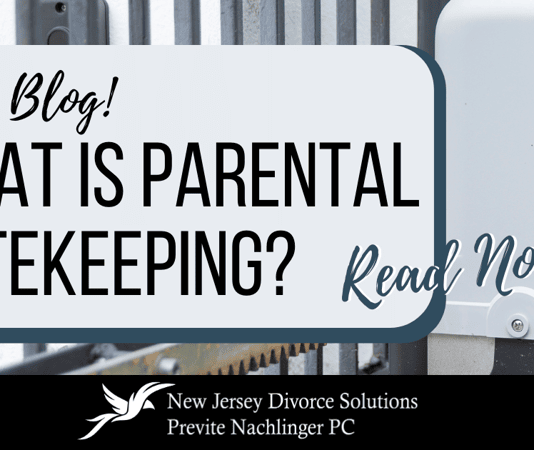What is Parental Gatekeeping?

In New Jersey, a court will look to a variety of best interest factors when making a decision concerning custody. An emphasis that can easily be seen in this list of factors is how well the parents are willing to co-operate and interact with each other for the benefit of their shared children. Courts take a harsh view to parents who are not willing to cooperate or are unnecessarily rigid with respect to the other parent. In some cases, this refusal to work with the other parent can cross the line from simple truculence to a phenomenon called “parental gatekeeping.”
Parental gatekeeping is often a precursor to parental alienation. Parental gatekeeping occurs when a parent is reacting to what he or she believes is a threat posed by the other parent. This threat can be real, imagined, or completely fabricated. Gatekeeping occurs when a parent restricts access to the child by the other parent, and can come in several forms. For example, it can occur when a parent refuses to provide information to the other parent about school or medical decisions. It could also come in the form of keeping the other parent from interacting with day-to-day life by cutting off cell phones between the children and the parent. Being unnecessarily rigid with visitation schedules, especially before a custody order is in place.
When a parent reacts to a real threat, such as physical or emotional abuse, this could be an appropriate reason to be a gatekeeper. However, a parent should not continue to take this sort of matter into his or her own hands, but rather should go to seek help from the court to make sure that a child stays out of danger.
A parent reacting to a perceived threat often comes in the form of a parent who has habitually been the primary or sole caregiver for a child, and does not believe that the other parent is capable of parenting on his or her own. While it is a difficult transition for parents who have been primary caregivers for years to give up some of the control over the day-to-day schedule, it is essential to start sharing that responsibility in order to avoid an adverse decision from the court. Courts want parents to both be involved in a child’s care, including school meetings, medical appointments, recitals, sports games, and the like. Refusal of one parent to cooperate in allowing the other parent to be involved in these activities could result in reduction of decision making authority or even loss of custody.
Parental gatekeeping and parental alienation are serious actions, and if you are observing signs in the other parent, you need to help you handle it. Call us today at (732) 529-6937 and we can talk about your children and how to protect your relationship.



